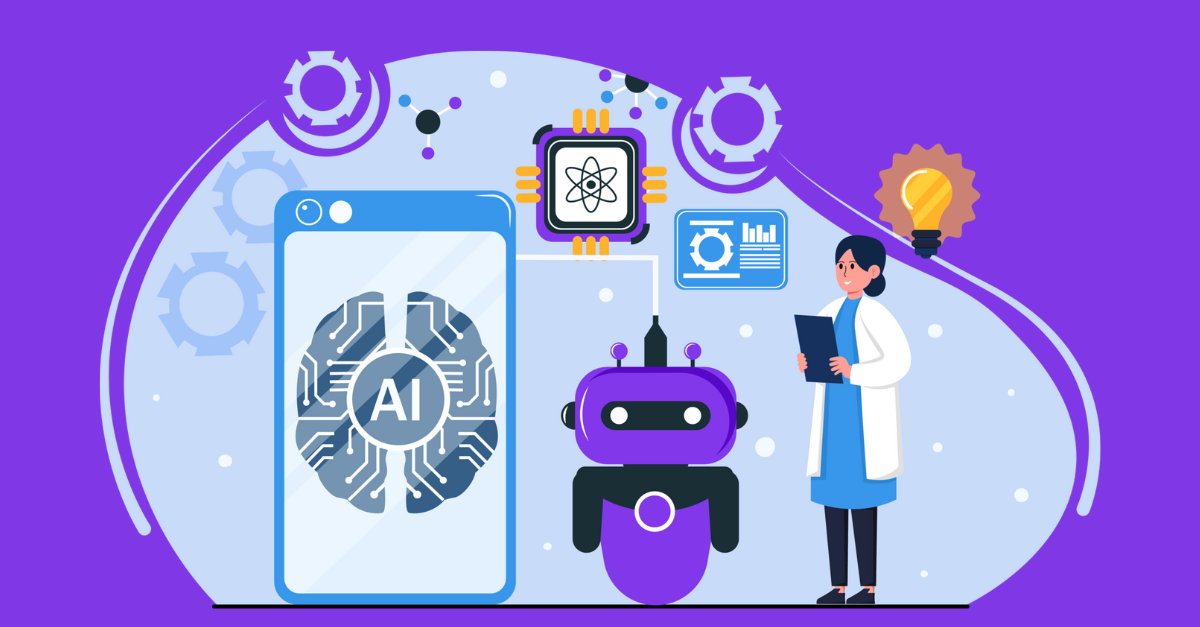AI’s trajectory is a dynamic landscape driven by relentless innovation. Rapid advancements in artificial intelligence are reshaping industries and influencing humanity’s future. From big data, robotics, and IoT to generative AI tools like ChatGPT and AI art generators, AI’s impact is pervasive and captures global attention. Undoubtedly, AI will continue to drive technological innovation in the foreseeable future.
AI’s profound impact on technology originates from its transformative influence on computing. By harnessing AI, computers gain the remarkable ability to process vast data volumes and make intelligent decisions at unprecedented speeds.
The journey of AI began with Christopher Strachey’s checker’s program on the Ferranti Mark I computer at the University of Manchester in 1951. Since then, AI has significantly evolved, revolutionizing computing and beyond.
Modern AI, particularly “narrow AI” using data-trained models in deep learning or machine learning, has revolutionized virtually every major industry. This impact has surged in recent years with increased data collection via IoT, widespread device connectivity, and advancing computing capabilities.
David Vandegrift, CTO and co-founder of 4Degrees, dismisses claims of AI reaching a plateau, citing ongoing advancements. Significant investments by tech giants and academic institutions, alongside government agencies embracing AI, forecast monumental changes ahead.
Andrew Ng, former leader at Google Brain and Baidu, compares AI’s current state to an “eternal spring,” highlighting its limitless growth potential. Whether industries are exploring AI’s capabilities or integrating it into core operations, its impact on daily life is undeniable and continues to shape our future.











